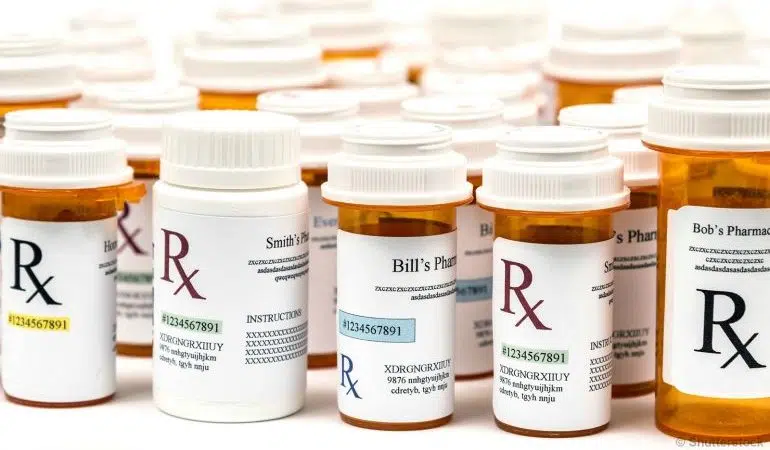SPRINGFIELD, Ill. — Roughly 30% of antibiotics prescribed in medical providers’ offices and emergency rooms are not needed.
The over-prescribing and misuse of antibiotics could make the bacteria they are designed to kill resistant to the drug and ineffective for treatment.
During U.S. Antibiotic Awareness Week, November 18th-24th, Illinois Department of Public Health (IDPH) Director Dr. Ngozi Ezike has urged everyone to learn when an antibiotic can help, and when it won’t.
“Antibiotics are critical to treating many infections and saving lives, but when they are prescribed and taken unnecessarily, they can become less effective,” said Dr. Ezike.
“Antibiotics don’t work on viruses, like those that cause the common cold or the flu. Talk with your health care provider about what is making you sick and what is needed to get better.”
According to the Centers for Disease Control and Prevention (CDC), each year in the U.S., more than 2.8 million people get an antibiotic-resistant infection, and more than 35,000 people die.
That means, on average, someone in the U.S. gets an antibiotic-resistant infection every 11 seconds, and every 15 minutes someone dies.
However, without continued vigilance, this progress may be challenged by the increasing burden of some infections.
Steps to help prevent antibiotic resistance:
• Ask your health care provider for appropriate remedies when antibiotics are not indicated.
• Do not insist on antibiotics when your health care provider thinks you do not need them.
• Complete the entire course of prescribed antibiotics even after you are feeling better.
• Stay up to date on your recommended vaccines to help prevent illness.
• Wash your hands regularly to stop the spread of disease.






